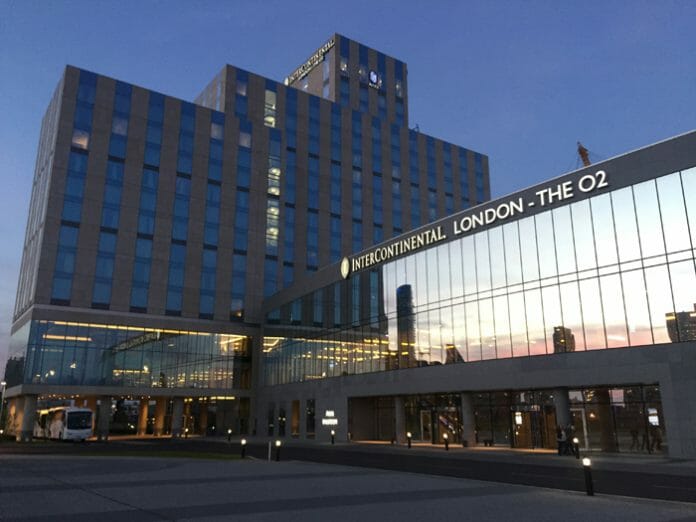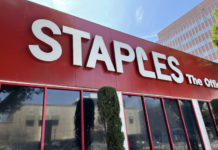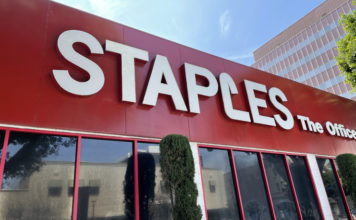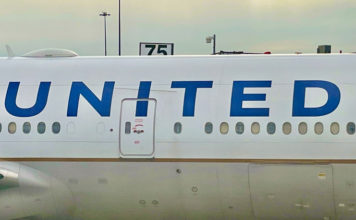
TravelingForMiles.com may receive commission from card issuers. Some or all of the card offers that appear on TravelingForMiles.com are from advertisers and may impact how and where card products appear on the site. TravelingForMiles.com does not include all card companies or all available card offers.
Some links to products and travel providers on this website will earn Traveling For Miles a commission which helps contribute to the running of the site – I’m very grateful to anyone who uses these links but their use is entirely optional. The compensation does not impact how and where products appear on this site and does not impact reviews that are published.
I love the miles & points world because it allows me to take trips that I otherwise wouldn’t be able to afford and it allows me to enjoy modern day travel in a level of comfort that most never get to experience – I’m really very lucky. But it’s not all plain sailing and, if you’re not careful, it can be easy to fall into a few less-than-obvious-traps and it can be easy to think that a deal is a lot better (cheaper) that it really is.
I could go ahead and discuss the heinous fees some airlines add on to award flights (that would be you BA) or the hotels/chains that insist on charging resort fees on award nights…but that’s not where I’m going with this post.

In this post I’m hoping to point out one or two examples of where a deal may not be as good as you think or as good as some may inadvertently lead you to believe.
The “You should buy hotel points because they’ll get you a cheap night at a great property” deal
There’s no question that you can get some great deals by purchasing hotel points (when they’re on offer at a discount) and then using those points to buy nights at some of the most expensive hotels in the world (there’s an offer on Hyatt points that I wrote about yesterday that’s a great example of this) but it’s not always that simple.
Let’s take a typical example of an IHG Points sale like we saw earlier this year:
The best IHG points offer is usually one which offers a 100% bonus on the points purchased so, as IHG allows you to buy a maximum of 60,000 points per year (excluding bonus points), that comes to a total of 120,000 points at a cost of $690 (0.575 cents per point).
It’s very easy to focus on the fact that 120,000 points will buy you 2 nights at the very best IHG properties around the world and to forget to consider any other costs involved.
If you were already planning a trip to a part of the world where the points are to be used then that’s just fine….but it’s when the points offer is what triggers the trip idea that problems can start.
 The InterContinental Paris Le Grand – image courtesy of IHG
The InterContinental Paris Le Grand – image courtesy of IHG
Yes, 120,000 points will get you two nights at the InterContinental Paris Le Grand (for example) and you’d probably pay a lot more than $690 in cash for two nights at this property at peak times of the year……but is that really any good to you if you live in LA and had no plans to visit France?
The points deal may be a good one in isolation but, when you add in the cost of getting over to France and the cost of eating and drinking when you’re there, the “deal” can turn into a seriously expensive proposition.
And do you really want to go all the way to France for just two nights? Probably not….so then you have the cost of any extra nights you decide to book as well.
Buying points at a great price is fine, but allow your existing plans to dictate if you buy points or not rather than letting the deals dictate what you do.
The “This credit card signup bonus will get you a great flight” deal
Credit card signup bonuses can be great and I’ve earned more than my fair share of fantastic flights and hotel stays thanks to them….but just because someone suggests a deal is good doesn’t automatically make it so.
We’re used to seeing offers on credit cards like the Citi AAdvantage cards that give new card holders 50,000 miles after spending $x in the first 90 days….but just how useful is that 50,000 miles to you in reality?

If you’ve got a zero mileage balance it’s going to be a lot less use to you than if you had a stash of AAdvantage miles already in your account. 50,000 miles isn’t enough for any kind of international premium cabin award and domestic SAAver awards (which 50k miles would easily buy) are getting harder and harder to find.
It would be true to say that, if you book during off-peak season, you can use 45,000 miles to book a roundtrip Economy Class fare from the US to Europe….and that can be a very good deal (despite what some may tell you)…..but were you planning to fly to Europe in the first place?
If you already had plans to fly to Europe then that’s great – a 50,000 mile sign up bonus could easily save you over $1,000. But if you had no plans to do a trip in the first place the sign up bonus goes from being a money saver to a cost creator.

Yes, you won’t have to pay for your flights if you book a trip with your newly acquired miles……but you’ll still have to pay for accommodation, food and drinks when you’re in Europe. All that costs cash and that’s cash which you weren’t previously planning to spend.
This is the warning:
If you don’t think through how you’re going to use a signup bonus you could easily end up paying an annual fee (approx. $95) and find yourself with a bunch of miles you can’t really use. Or, alternatively, you could find yourself incurring costs that you weren’t planning to incur and may not even be able to afford.
Not all airline cards are equal and not all airline loyalty programs are as atrocious at offering affordable awards as AAdvantage so this isn’t necessarily going to be an issue of all credit card signups….I just want people to think about how they’re going to use a signup bonus before they go ahead and apply for a credit card.


![The ideal 4 card American Express Membership Rewards team [Updated] a glass door with a picture of a man](https://travelingformiles.com/wp-content/uploads/2021/06/Amex-Centurion-Lounge-SFO-featured-741-218x150.jpg)





![The ideal 4 card American Express Membership Rewards team [Updated] a glass door with a picture of a man](https://travelingformiles.com/wp-content/uploads/2021/06/Amex-Centurion-Lounge-SFO-featured-741-356x220.jpg)








